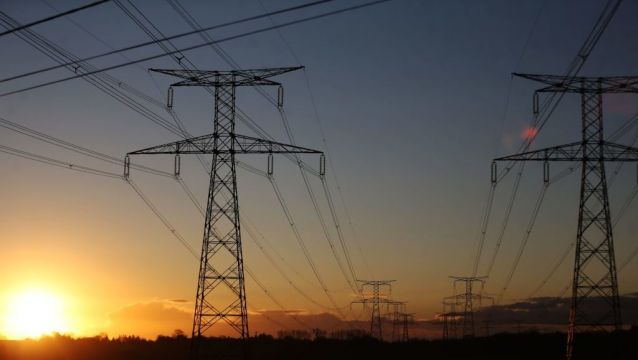As energy costs continue to skyrocket there are growing concerns that during the winter when energy will be most in demand, there could be blackouts.
In preparation for this, blackout drills are being carried to simulate an emergency situation that could arise over the winter.
So what exactly does a blackout drill entail, and how likely are we to see blackouts this winter?
What is a blackout drill?
The idea of the drill is to stress test the gas and electricity system and simulate what it would be like if there was a surge in demand.
A spokesperson for EirGrid said: "The purpose of these exercises is to test a coordinated response, from numerous stakeholders, to a hypothetical and unlikely disruption to Ireland’s gas and/or electricity supplies."
The first such drill occurred last Friday, September 9th and was undertaken by Gas Networks Ireland, EirGrid, ESB Networks, and the Commission for Regulation of Utilities (CRU).
A further drill will take place today, on Friday, September 16th.
How frequent are the drills?
EirGrid said emergency training exercises have been ongoing over many years, as part of regular and routine contingency planning.
The running of such exercises is in compliance with EU legislation on security of energy supply and also forms a key part of Ireland’s preparedness for potential disruptions to gas or electricity supplies.
During these exercises, various hypothetical scenarios are considered and responses are stress-tested.
Gas Networks Ireland is the lead body on gas-related exercises, while EirGrid is the lead body on electricity-related exercises.
The CRU oversees the overarching emergency plans, and works in conjunction with the Department of the Environment, Climate and Communications. They said: "Gas Networks Ireland and EirGrid have robust procedures in place to maintain security of gas and electricity supplies, and regularly participate in simulation exercises to test a range of potential scenarios."
How likely is a blackout to happen?
EirGrid said a significant disruption to energy supplies is unlikely, but any such event has the potential to have an impact across multiple sectors and, as such, the established Strategic Emergency Management (SEM) Framework structures for dealing with a major emergency would ensure a ‘whole of Government’ response, if such circumstances arose.
In such circumstances, the Department for the Environment, Climate and Communications would convene and chair the National Emergency Coordination Group (NECG) in the National Energy Coordination Centre (NECC) – to coordinate the Government’s response to any energy emergency.
What are the knock-on effects of increased demand?
As The Irish Times reports, there are concerns that household energy bills could climb as high as €6,000 a year, while internal Government documents show as energy companies are privately warning the Coalition the costs they are facing could “cause the entire energy market to malfunction”.
Cabinet was warned this week that while energy prices have already doubled since mid-2021, to a level of some €4,000 a year, further increases are likely early next year.
Meanwhile, Energia has told the Government the sector is facing huge new costs arising from the need to provide “massive advance collateral payments” to purchase gas.
In the letter the company warns that “Ireland should prepare for the possibility that collateral asks become too much for Irish energy companies and threaten security of supply”.
The increasing burden of cost, the company warned, “has the potential to cause the entire Irish energy market to malfunction, giving rise to significant adverse economic and social effects, unless appropriate measures are implemented urgently and in a collaborative and co-ordinated manner.”
While it does not explicitly say financial supports are needed, it points out that a number of European countries have implemented aid for energy companies “where additional collateral requirements would overburden the company”.







